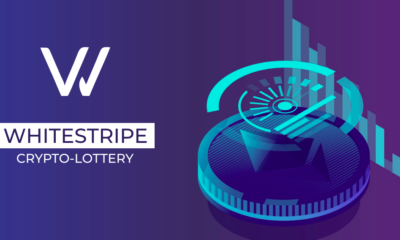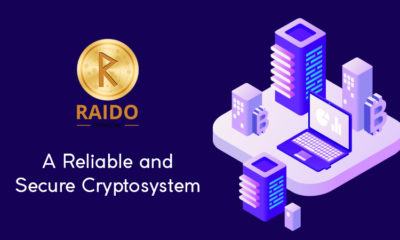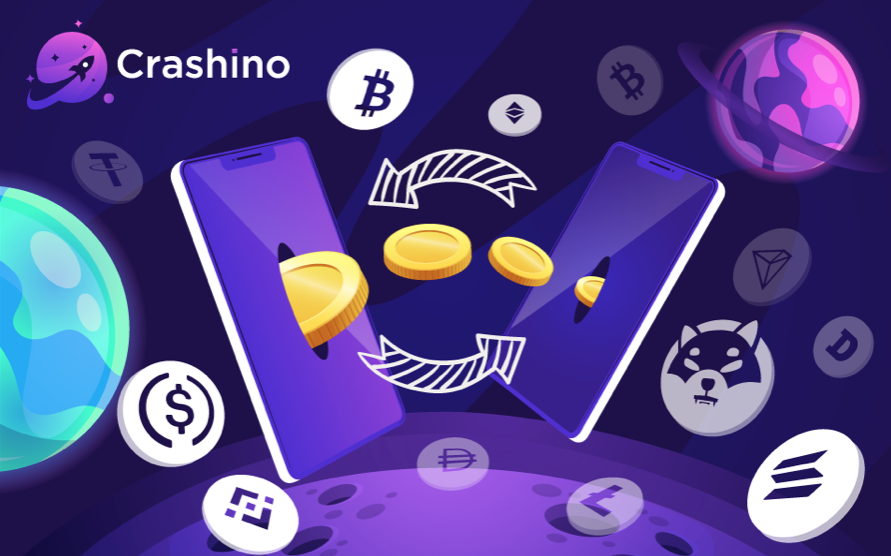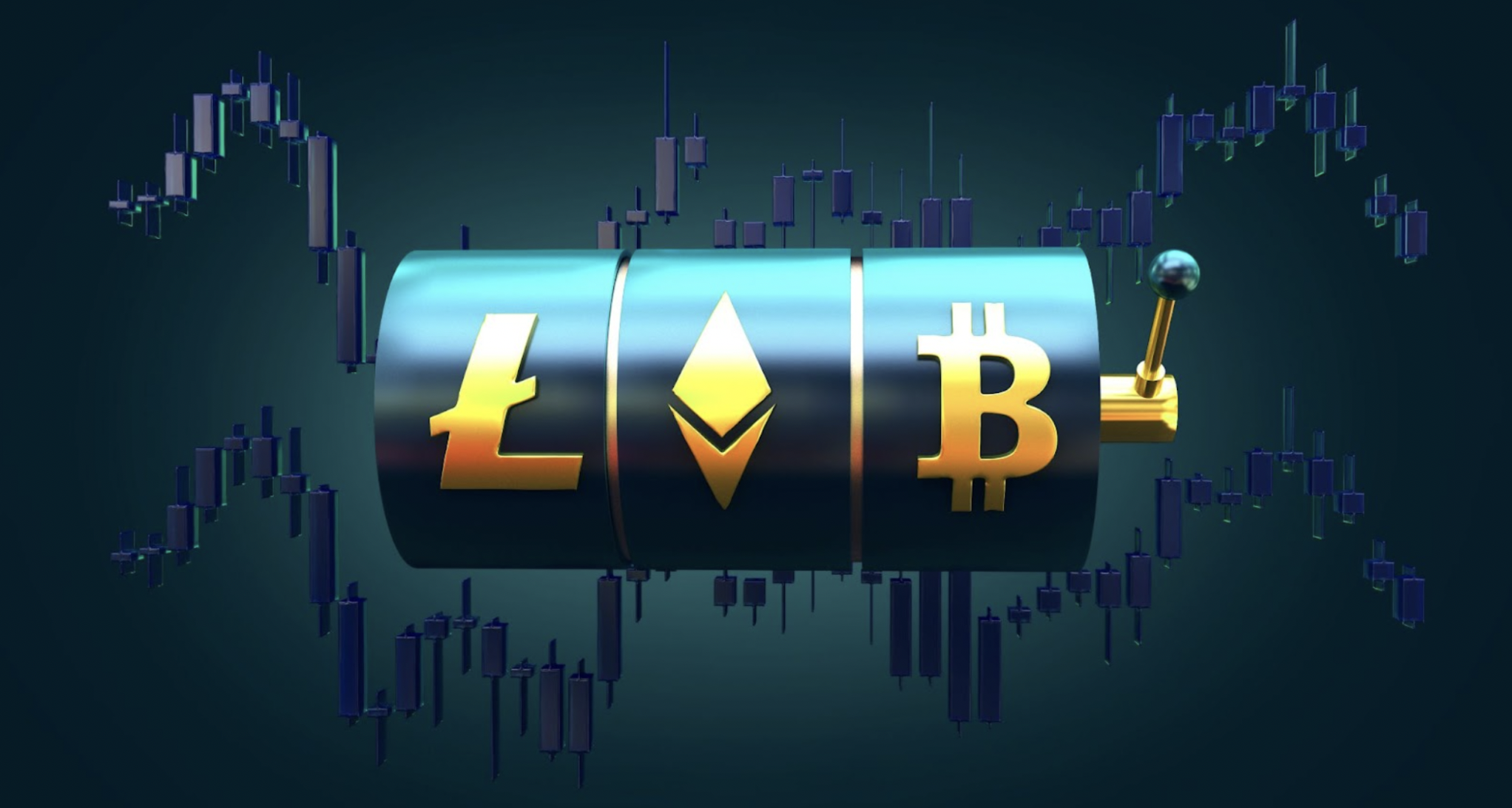2017 was the year that saw cryptocurrencies hit the mainstream with the price of bitcoin rallying from $1,000 to its all-time high of $20,000 at year-end. But that was not all as initial coin offerings (ICOs) shared in the limelight gaining massive traction and interest from investors and startups across the globe. The 400+ token sales saw ICOs raise more than $6 billion in 2017 alone. While ICOs have presented a great opportunity for startups and other businesses to raise money, it is a high risk – high return venture for investors. Hence, it is important to conduct in-depth research before investing in an ICO.
In this guide, you will find the ten most important questions you should ask yourself before investing in a token sale to ensure you get off to a good start with your investment research.
Is the ICO legitimate?
The ICO market has been plagued with scams since its beginning. It is, therefore, imperative for anyone looking to invest in any ICO project to do their due diligence and verify whether the project is legitimate.
The first step in doing this is to “fraud check” the company doing the token sale. Is there sufficient information about them online? Are there reviews from other people i.e. past or potential investors? If you cannot find any information online about the company behind the token sale, that should be a red flag.
The second step is to look through the directors of the company doing the ICO. Genuine company directors should possess a digital footprint. A LinkedIn profile should not be enough to make you invest. Any entrepreneur – upcoming or successful – must have had people talking about their company and should, therefore, have several references online.
Is the team behind the ICO able to deliver?
Successful companies and products have been built because they had an excellent team. For the team to build and launch a successful blockchain project, it must have had past experience in successfully launching and running similar projects. An experienced team with the right skills and experience are a sign that it may deliver on its mission for the project.
However, if the team behind the token sale has little to no experience with blockchain products, that should be an immediate red flag to any investor as the project may end up becoming a flop. Additionally, it could be an indication that the team is in it to make “quick money” instead of truly wanting to develop a value-adding blockchain-based platform.
Does the project’s whitepaper have all the necessary information?
 When investing in a business, investors always look at a company’s financials first. Since ICOs are usually conducted to raise seed capital, however, that information is not provided as the company has no track record yet. Hence, for ICOs, the focus needs to be on the project’s whitepaper. The whitepaper is just as important as the people behind the project.
When investing in a business, investors always look at a company’s financials first. Since ICOs are usually conducted to raise seed capital, however, that information is not provided as the company has no track record yet. Hence, for ICOs, the focus needs to be on the project’s whitepaper. The whitepaper is just as important as the people behind the project.
The whitepaper needs to be clear and explain the vision and technology of the project in a professional and concise manner. It should detail how the team hopes to make the project a success with the crowdsourced funds. Should the project’s whitepaper leave out any important information or lack a well-detailed strategy needed to make the project a success, that is a very clear red flag and it will most likely be best to avoid investing in this project.
Is the ICO’s product ready or purely an idea?
Do not get me wrong. I am not saying that you should not invest in an ICO that is still an idea that is yet to be designed. However, should you choose to go ahead and invest in a token sale that is still just an idea, there is a high risk that you may lose all your investment as compared to investing in a token sale that has a ready product.
While even with a ready product you may still lose your investment, the risks are lower compared to the former as the project will more than likely have a platform that is ready and operational and just wants to prove the platform’s efficiency by adding the digital tokens and blockchain technology.
Is there transparency on what the raised funds will be used for?
This is a very important question any investor should ask themselves before investing in an ICO. The project should have a clear plan on how it intends to use the funds raised during the token sale. This can either be done via the company’s website or in their whitepaper. The more specific and detailed the breakdown is, the better.
However, if the company directors are evasive on how the funds will be used, this should be considered a red flag due to lack of transparency exhibited by the company. In addition, if most of the issued tokens will be held by the project’s operators, it could be a sign of a potential pump and dump scheme.
Does the final product from the project have a market?
When considering what token sale to invest in, it is crucial to analyse whether there is a market for the project’s final product. Lack of a possible market for the solution, technology or product may mean that there will be no demand for the product once it is launching, which would result in a drop in the value of the project’s token in the long-run.
Is the code open-source and can it be assessed?
 Traditionally, most blockchain projects are known to have open-source code that can be found on GitHub and can thus be audited or assessed by third parties. If the blockchain project you want to invest in has an open-source code that has or can easily be probed by trusted community members, this should be a positive indicator of the project.
Traditionally, most blockchain projects are known to have open-source code that can be found on GitHub and can thus be audited or assessed by third parties. If the blockchain project you want to invest in has an open-source code that has or can easily be probed by trusted community members, this should be a positive indicator of the project.
Today, however, most blockchain projects that launch ICOs tend to keep their codes private. While this may be valid in some cases as the project may have direct competitors it wants to shield its technology from, being able to audit a project’s code adds transparency and trust.
If a project’s code is not open-source and there is no evident reason for keeping the code private, may be an indicator to better stay away from the project due to its lack of transparency.
Does the project warrant a blockchain and token?
Another factor that needs to be considered when looking to invest in an ICO is whether the company really needs a blockchain and a native token for its platform, service or product. Because ICOs have a low entry barrier, there are a large number of startups that run ICOs in a bid to get easy funding by claiming they will implement blockchain technology to their new product or to improve an already existing one.
If the project has the potential to run without the need to utilise blockchain technology or a native digital token, it should be a clear sign to stay away from the ICO.
What will be the function of the token?
There are a variety of digital tokens that a company can put up for sale. These include but are not limited to utility tokens, currency tokens, tokenised securities and reward tokens. When looking to buy tokens from an ICO, it is crucial for any investor to understand the role of any token that is issued. If what the company is offering is a tokenised security, will it function as a digital share by the issuing company? On the other hand, if it is a utility token, will investors have access to or specific benefits from the project’s platform?
The function or role of the token needs to make sense and should have the ability to drive demand and not just raise funds for the project.
Who are the competitors?
Finally, when considering investing in an ICO, you should also look at the project’s competitors. A competitors analysis will show you whether a company is likely to outperform its competition or not. Should a project’s competitors be more likely to succeed, then it might be better to invest in their digital tokens instead.
However, if the potential company’s blockchain platform is at par with or better than its competitor’s, then that is a good sign that its token could perform well in the secondary market.
Remember that investing in digital assets comes with a substantial amount of risk and you should never invest more than you can afford to lose. However, if you are looking to invest in a token sale, you will be well advised to answer the ten above-mentioned questions as part of your overall investment research as they cover all the key aspects of an ICO.

 Features3 years ago
Features3 years ago
 Bitcoin2 years ago
Bitcoin2 years ago
 Features3 years ago
Features3 years ago
 Features3 years ago
Features3 years ago
 Features3 years ago
Features3 years ago
 Features3 years ago
Features3 years ago
 Features3 years ago
Features3 years ago
 Features7 months ago
Features7 months ago
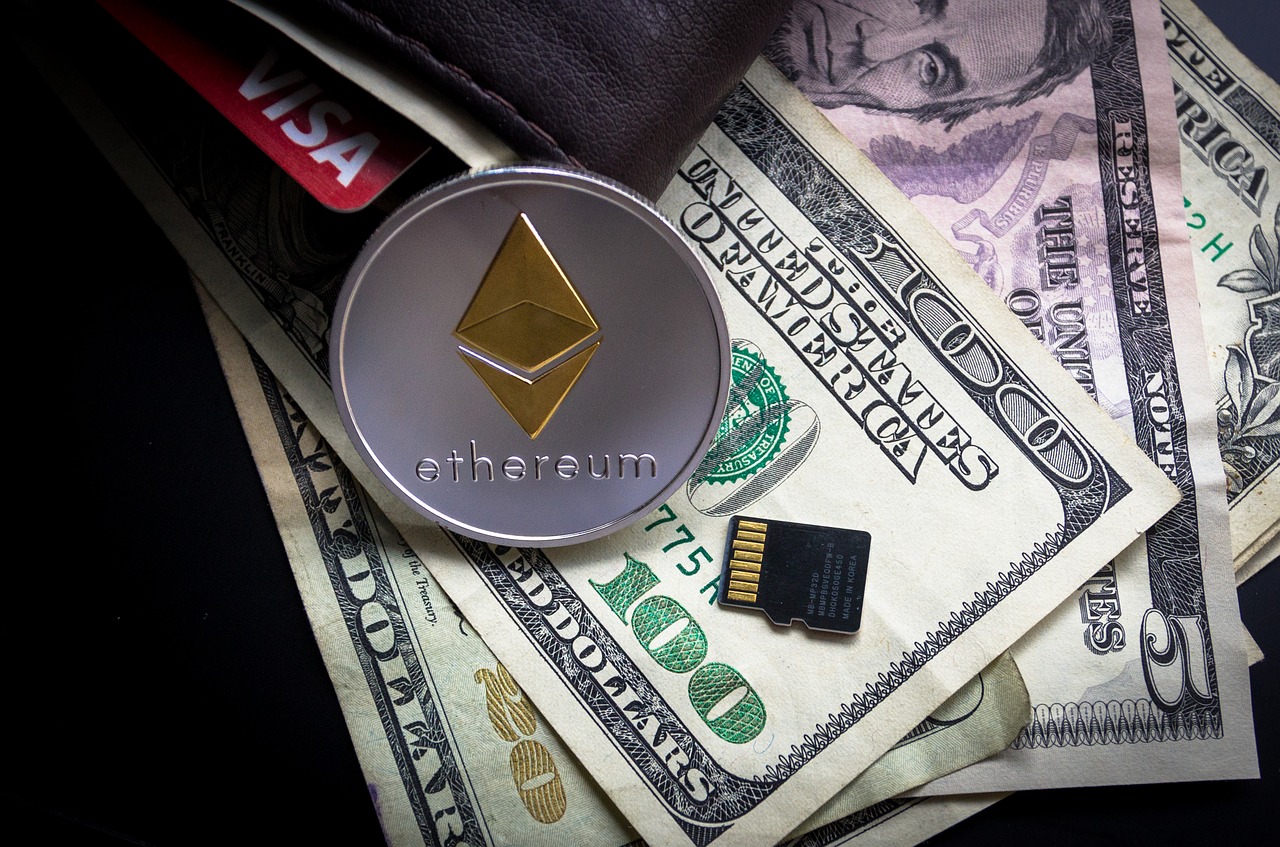
 When investing in a business, investors always look at a company’s financials first. Since
When investing in a business, investors always look at a company’s financials first. Since  Traditionally, most blockchain projects are known to have open-source code that can be found on GitHub and can thus be audited or assessed by third parties. If the blockchain project you want to invest in has an open-source code that has or can easily be probed by trusted community members, this should be a positive indicator of the project.
Traditionally, most blockchain projects are known to have open-source code that can be found on GitHub and can thus be audited or assessed by third parties. If the blockchain project you want to invest in has an open-source code that has or can easily be probed by trusted community members, this should be a positive indicator of the project.



